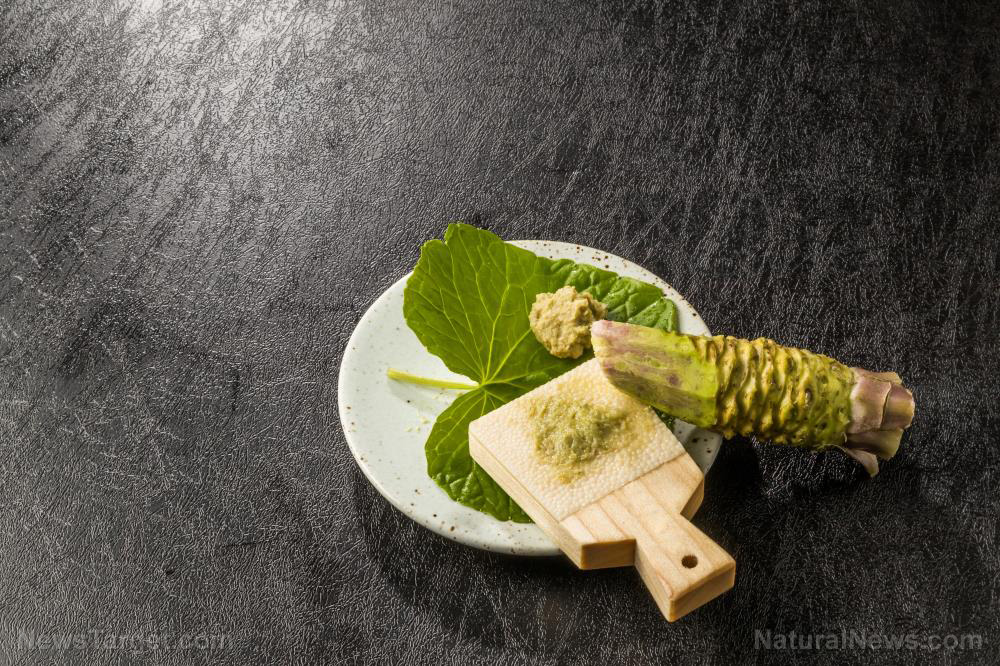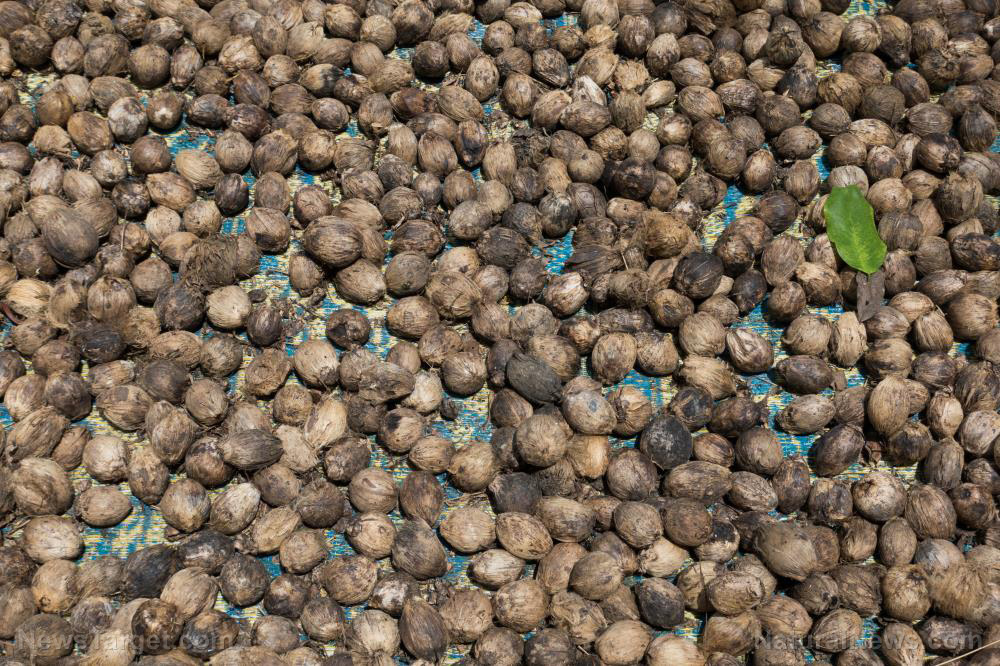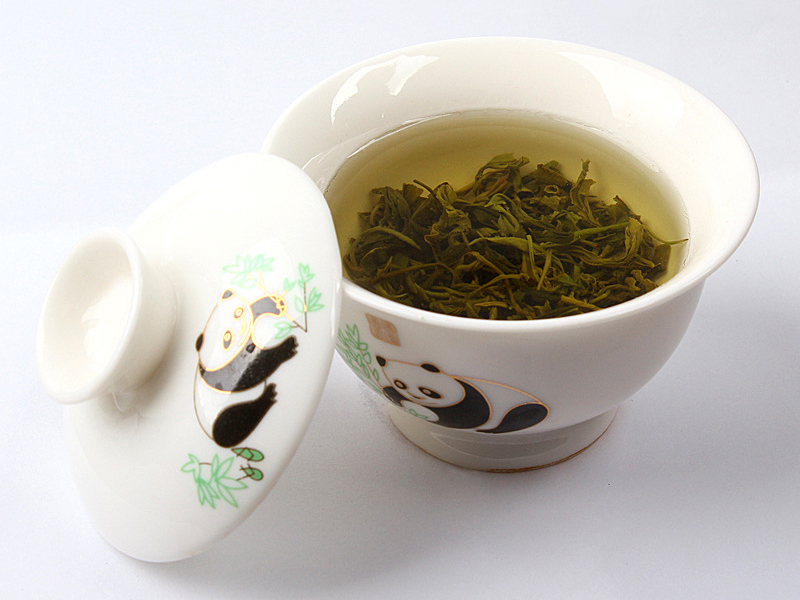New curcumin formulation provides a significant boost to bioavailability
05/22/2018 / By Michelle Simmons

Scientists have discovered a new formulation for curcumin: In a study, they found that using a gamma-cyclodextrin formulation in curcumin supplements could give a significant boost to its bioavailability. Researchers from The University of Tampa in the U.S. and the Western Sydney University and the University of New South Wales in Australia, together with the consulting company Increnovo, evaluated new curcumin formulations to discover possible strategies of improving oral bioavailability of curcumin supplements.
For the study, the research team recruited 12 participants who were then given four various oral curcumin supplements with a one-week interval between formulations. The formulations used were gamma-cyclodextrin formulation (CW8); a phytosome formulation of curcumin; soy lecithin: microcrystalline cellulose in a ratio 1:2:2 (CSL); a formulation of curcuminoids and essential oils of turmeric rhizome (CEO); and the standard curcumin formulation. Cyclodextrins are widely used in pharmaceutical and nutritional formulations to enhance bioavailability especially for compounds with low water solubility.
The team also took blood samples of the participants at the beginning of the study and at different time points up to 12 hours after supplementing. They examined the blood plasma samples for curcumin, demethoxycurcumin (DMC), and bisdemethoxycurcumin (BMC). During the 12-hour period, the participants were given two standardized meals free of turmeric. Then, the team measured the relative bioavailability of the three formulated products compared to the control.
Results revealed that CW8 improved the bioavailability of curcuminoids by 39 times, compared to the standard formulation. In addition, participants who took CW8 exhibited the greatest curcumin absorption and showed the highest blood levels of total curcuminoids and the individual curcuminoid DMC.
“The data presented suggest that gamma-cyclodextrin curcumin formulation (CW8) significantly improves the absorption of curcuminoids in healthy humans,” said co-author Dr. Valentina Razmovski-Naumovski of the University of New South Wales.
The findings of the study were published in the European Journal of Nutrition.
Health benefits of curcumin
Curcumin, the main active ingredient in turmeric, has been proven by research to provide many health benefits. However, the curcumin content of turmeric isn’t that high, making it difficult to get an adequate amount by simply adding the spice to your foods. This is why curcumin is also often taken in supplements. Here are some of the many health benefits of curcumin:
- Fights inflammation – In general, the body needs inflammation to fight pathogens like bacteria and help repair the damage. However, this is only effective short-term: When it becomes a chronic inflammation, it can be a serious problem and can harm the body’s own tissues. Curcumin provides powerful anti-inflammatory and antioxidant properties, and it can inhibit many molecules known to play big roles in inflammation.
- Enhances brain power – Curcumin can increase the levels of brain-derived neurotrophic factor (BDNF), a type of growth hormone that functions in the brain. Through this, it may be efficient at hampering or even reversing many brain diseases and age-related decline in cognitive function. It could also potentially help enhance memory and make you smarter.
- Lowers the risk of heart disease – Curcumin can help reduce the risk of heart disease by enhancing the function of the lining of the blood vessels known as the endothelium. The anti-inflammatory and antioxidant properties of curcumin also help reduce heart disease risk.
- Helps prevent cancer – Curcumin can cause several changes on the molecular level that may help prevent and even treat cancer. Some studies revealed that it can influence cancer growth, development, and spread of cancer cells. (Related: Curcumin vs. cancer: The scientific evidence continues to flow in.)
Read more news stories and studies on natural supplements by going to SupplementsReport.com.
Sources include:
Tagged Under: curcumin, curcumin supplement, herbal treatment, Herbs, natural cures, natural medicine, natural remedies, nutrition, Spices, supplement, turmeric


















